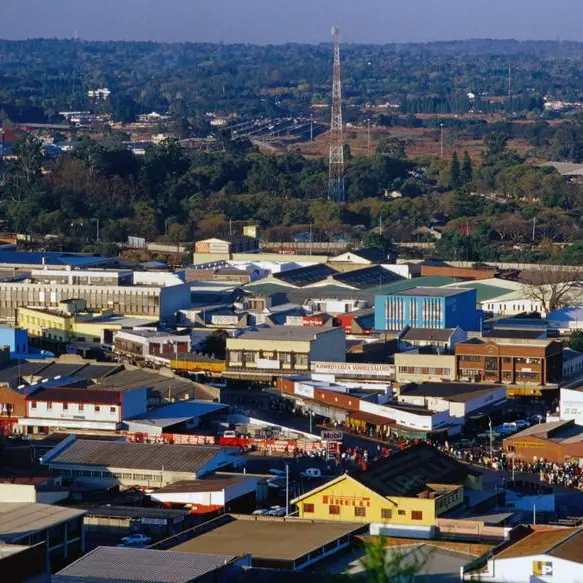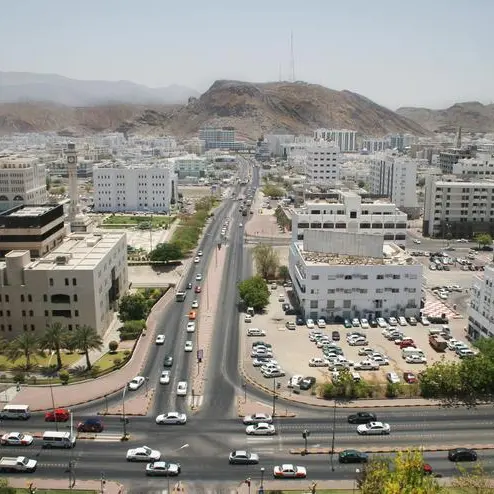Muscat - Oman’s budget deficit decreased by 20 per cent in the first five months of 2017, mainly due to higher oil revenues as crude prices remained significantly up during January – May period against the same period of last year.
The sultanate’s budget shortfall for January – May period of 2017 dropped to RO2.03bn compared with RO2.54bn deficit in the same period a year ago, according to statistics issued by the National Centre for Statistics and Information (NCSI).
The government’s total revenue in the first five months this year rose 19.2 per cent to RO3.32bn. Helped by higher oil prices compared to last year, net oil revenue rose 37.3 per cent to RO1.76bn from RO1.28bn a year ago. Gas revenue was up 6.5 per cent to RO581.5mn from RO546.2mn last year.
Oman’s 2017 budget is based on an oil price assumption of US$45 per barrel for the year. The average price at which Oman sold its crude stood at US$51.6 a barrel during the first five months of 2017, which is 51 per cent higher from average oil price of US$34.2 a barrel in the same period of 2016, the NCSI statistics showed.
However, Oman’s daily average oil production decreased by 2.9 per cent to 968,800 barrels in the first five months of 2017 against 997,900 barrels a day in the same period of 2016.
Revenue from corporate income tax decreased by 11.1 per cent to RO284.4mn in January- May period of 2017 compared with RO319.8mn in the same period a year ago, while other revenues rose 33.8 per cent to RO601.5mn from RO450mn last year.
The sultanate’s total public expenditure increased by 2.9 per cent to RO4.55bn in the first five months of 2017. The increase
in total expenditure was mainly due to a 8.2 per cent rise current expenditure which stood at RO3.18bn in the first five months of 2017, while investment expenditure dropped by 16.2 per cent to RO1.05bn.
© Muscat Daily 2017




















